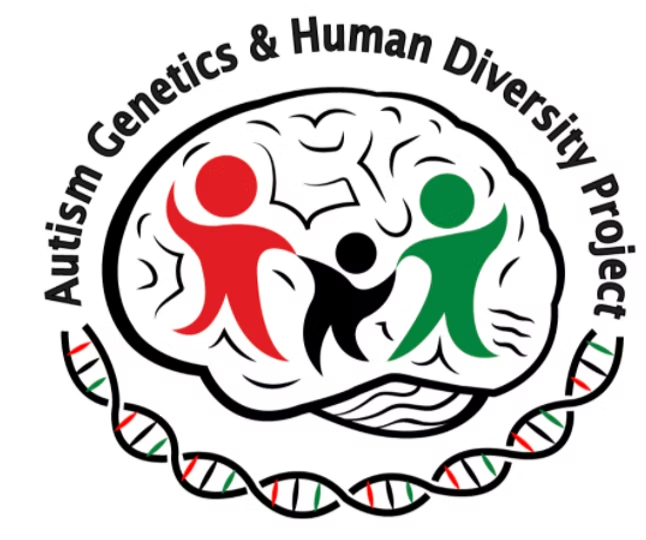Autism Genetics: Increasing the Representation of Human Diversity
Researchers at UCLA are working with Black or Black Biracial families to study the development and genetics of autism, with a focus on identifying unique genetic factors in Black communities. Our research also seeks to better understand the challenges families face when seeking autism diagnoses and services for their children. Your family may be eligible to participate and contribute to advancing autism research and care.

Fast Facts

Black or Black Biracial Children, Ages 3+

Diagnosed or Suspected Autism

Compensation Provided

Conducted in
Los Angeles
Study Background
We strive to identify the challenges Black families encounter in accessing autism diagnoses and services while contributing to research that deepens understanding of autism’s causes.
The UCLA Autism Genetic and Human Diversity study aims to increase the representation of Black families in autism genetic research. Despite making up 14% of the U.S. population, African Americans account for less than 10% of participants in genetic studies. This lack of representation limits our understanding of how genetic risk factors contribute to autism spectrum disorder (ASD) in Black families. Current evidence suggests that genetic factors influencing ASD in Caucasian families may have weaker effects or operate differently in Black families. By involving more Black families in this research, we can identify genetic factors unique to individuals of African descent and better understand those shared across populations.

Study Background
We strive to identify the challenges Black families encounter in accessing autism diagnoses and services while contributing to research that deepens understanding of autism’s causes.

The UCLA Autism Genetic and Human Diversity study aims to increase the representation of Black families in autism genetic research. Despite making up 14% of the U.S. population, African Americans account for less than 10% of participants in genetic studies. This lack of representation limits our understanding of how genetic risk factors contribute to autism spectrum disorder (ASD) in Black families. Current evidence suggests that genetic factors influencing ASD in Caucasian families may have weaker effects or operate differently in Black families. By involving more Black families in this research, we can identify genetic factors unique to individuals of African descent and better understand those shared across populations.

Additional Information
This study seeks to uncover the genes contributing to ASD in Black families, providing a foundation for future research to develop targeted interventions and treatments. Additionally, these findings will expand our knowledge of the biology of autism, helping to advance care and support for individuals with ASD across all communities.
Your family may qualify for this study if they meet the following criteria.
Inclusion Criteria:
Child aged 3 and up
Diagnosed with autism OR suspected showing social and/or language delay
Black or Black Biracial
Have at least one biological parent available to participate
Willing to submit a DNA sample
Willing to travel to Los Angeles
No previous participation in another genetic study for autism
- No diagnosis of other known genetics or neurological conditions
Participation involves a 30-minute phone screening and completion of questionnaires. Once consents are signed, families will engage in interviews with the clinical team about their child’s medical history, behavior, social skills, and communication abilities. Families will then attend a two-hour in-person appointment for behavioral and cognitive testing. Finally, blood samples will be collected from the child, their biological parents, and any siblings over the age of three.
Screening and Questionnaires:
You’ll start with a 30-minute phone screening to confirm eligibility. Once enrolled, you’ll complete some questionnaires about your family and child.Interviews:
The study team will conduct phone interviews with you to gather information about your child’s medical history, behavior, social skills, and communication abilities.In-Person Visit:
Your family will schedule a two-hour in-person appointment. During this visit, your child will complete behavioral and cognitive (intelligence) testing.Blood Samples:
The final step involves collecting a blood sample from your child, their biological parents, and any siblings older than three years of age.
Participants will receive $250, with additional compensation available for siblings with autism who also participate.
No transportation is offered, however, we do offer a travel stipend to families that live >25 miles away
There is no cost for your family to participate in our research study.
